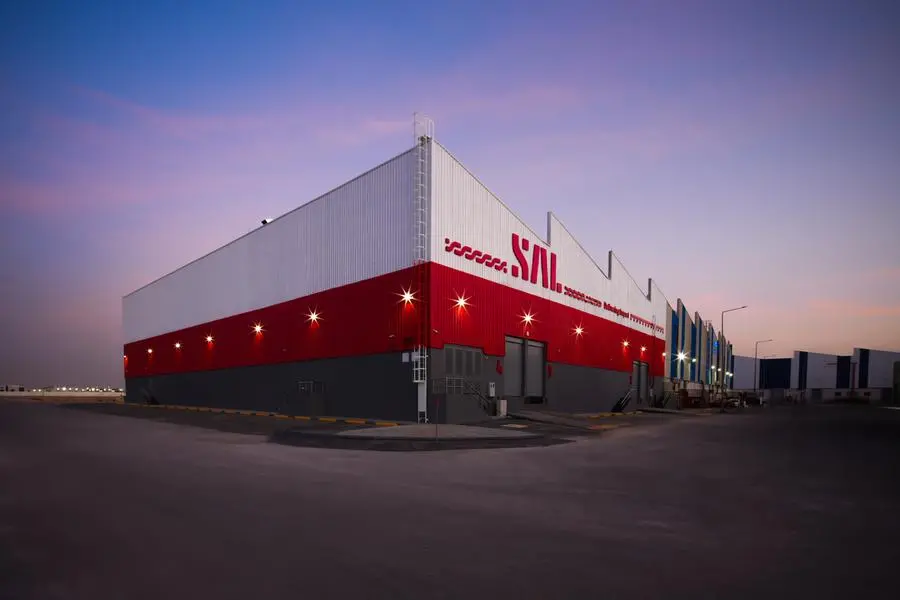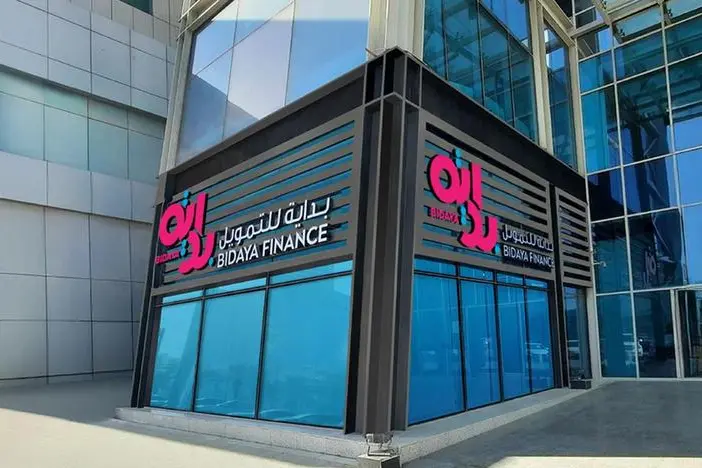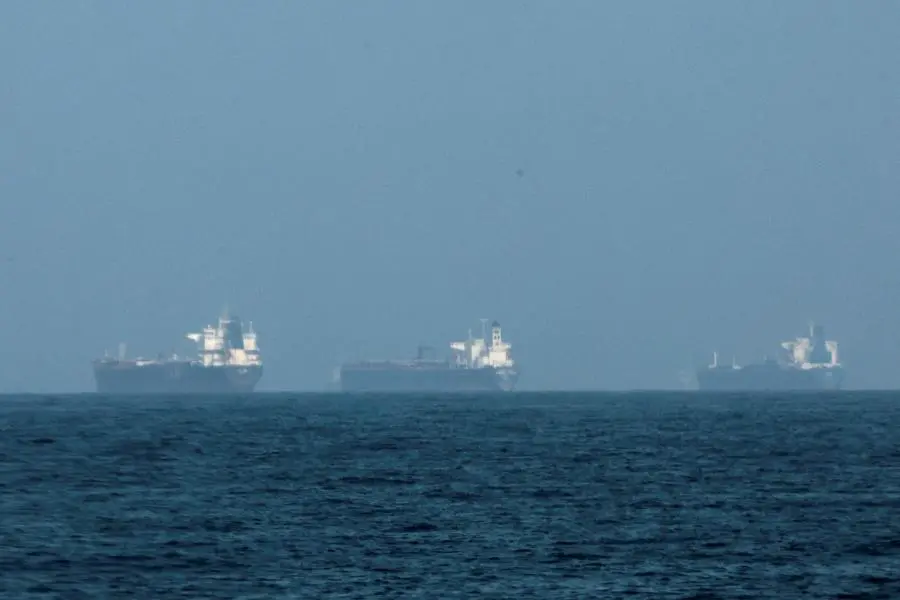Since the financial crisis, major players in the international financial industry have sought to reduce exposures in emerging markets and limit trade finance portfolios in what have been perceived as high-risk regions. Africa has been impacted by this retrenchment due in part to increased concerns over governance, as well as high general government gross debt – averaging at ca. 77% of GDP in North Africa alone, and seemingly volatile currencies.
Such views have led to many African markets facing restricted access to international investment, preventing them from being able to finance much-needed commerce and development.
But how closely does this perception reflect reality? In a recent paper on Sustainable trade finance and African trade the International Trade and Forfaiting Association (ITFA) stated that the empirical data contained in the International Chamber of Commerce (ICC) Trade Register clearly demonstrates that African trade finance has an incredibly low product default rate related to trade finance. At a regional level this default is often better than ‘developed’ markets, suggesting that trade finance in African markets is not disproportionately vulnerable to credit risk – the same as in any other established economy.
This is, in part, emboldened by the fact that trade is an essential component to African markets and their economies. In 2019, exports and imports throughout African markets accounted for 53% of GDP. To maintain this, many of these economies have ensured that short-term, self-liquidating trade transactions are a top priority for central banks.
Missed opportunities
Many African countries provide ample growth opportunities for trade finance. Almost every country in the continent is currently experiencing a population boom, with the UN projecting Sub-Saharan Africa’s population alone to increase to two billion by mid-century. By 2030, the population of West Africa is estimated to reach 517 million, with this surge increasing the labour force.
African economies are also beginning to experience the benefits of the African Continental Free Trade Area (AfCFTA), the largest free trade area in the world by number of member states. With its 55 member states, the AfCFTA looks to create a single market and establish a continental customs union, easing the flow of goods across borders. Beyond other ambitions, such as developing regional infrastructure, the World Bank reports that the expansion of AfCFTA will help diversify market exports, accelerate growth, and better prepare African markets to attract foreign direct investment (FDI).
There has been growing interest in recent years in developing renewables in several African markets, particularly in the solar photovoltaic space, for instance, with large-scale solar park developments in areas such as in Tunisia, Algeria, Angola, and Egypt – taking advantage of abundant space and sunlight exposure. What’s more, it has been estimated that the region could produce 30-60 million tonnes of green hydrogen a year by 2050, posing new opportunities for economic development and creating nearly 3.7 million new jobs.
With the ongoing conflict in Ukraine, Europe has sought to end its dependency on Russian oil and gas pipelines. A natural alternative to meet the demand would be its next immediate neighbour, North Africa. These markets are poised to become a major green energy provider for nations searching for cleaner and more secure alternative sources of power.
Nonetheless, African markets have continuously underperformed globally. With current economic and political volatility worldwide, African markets are viable alternatives as established supply chains are reconfigured.
As political and economic relations between the West and China continue to deteriorate, international corporates which had moved production facilities in the region have begun to look elsewhere, including some of the more politically stable countries in East Africa.
Closing the gap
The African trade finance gap, which now stands at an estimated $120 billion, poses a major challenge to businesses across the region. With banks de-risking their trade finance portfolios, without seeking alternate avenues, many companies find that they are unable to capitalise on the opportunities that these developing markets have to offer.
We cannot ignore the tangible risks that do persist across the continent. Many markets lack a mature regulatory framework when compared with international counterparts, making trade more difficult as the dissonance between frameworks and standards can cause transactional friction. Furthermore, traders are often hesitant to enter markets due to serious concerns about corruption, money laundering, and other financial crime. While these valid concerns do exist, it does not necessitate the wholesale retrenchment from trading with Africa or from financing African trade flows. In this regard, specialist banks are at hand to help ease concerns surrounding these issues.
Specialist banks play a vital role in ensuring that African markets remain in the fold, helping to make vulnerable markets a more viable proposition. Acting as a bridge between the international trade finance markets and African commerce, they facilitate trade with countries that are otherwise isolated from international financial markets.
Not only do specialist banks deliver trade facilities for securing and funding business, but they also provide in-depth knowledge covering entire regions, thanks to a physical market presence that few others can boast. In this way they are simultaneously able to leverage their understanding of the regulatory environment in African markets alongside internationally recognised compliance standards – sealing any existing gaps of dissonance. This work reduces transactional friction, increases compliance with international standards, and fundamentally it builds the trust of those looking to trade and invest in African markets.





















